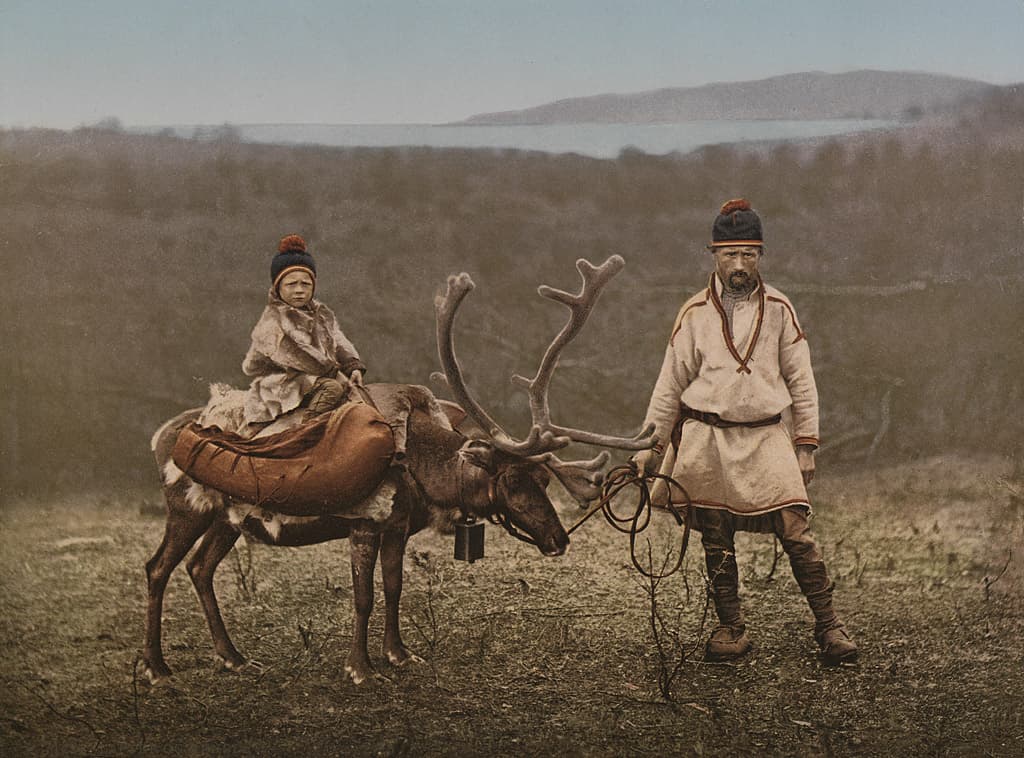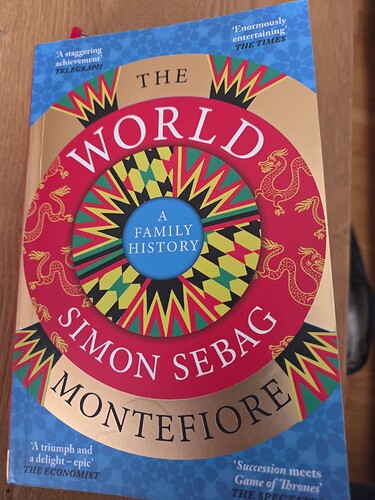Just because I think I am not the only one who finds this a fascinating picture; I thought I could post it. It is undated, but at the end of 1800. Maybe 1880, 1890 or so.
It’s a picture you would not be able to see these days:
Fella looks like Luka Modric.
![]()
Even the surroundings look like where he’s from.
I was thinking of starting a thread on British social history but figured anything related could just as well go in here. I’m currently engrossed in a book by Mark Hodkinson called ; 'No One Round Here Reads Tolstoy (Memoirs Of A Working Class Reader). Being of the same age as the author and sharing similar tastes , the book is (for me) a goldmine of recent British historical cultural and political references.
The piece I thought was worth sharing is a BBC poem/film from 2011 from the current Poet Laureate Simon Armitage. The subject is the imminent demolition of a vast estate in Rochdale built only 25 years earlier and inspired by the French modernist architect Le Corbusier. For reasons , his utopian developments didn’t translate particularly well onto the South Pennine Moors.
In two parts , each of 12 minutes.
I read that too and, like you, I found a lot that resonated. I’m the same vintage and recognised a lot of it.
I was actually at the same Stone Roses gig at the International in Manchester that he mentions (In reality a dingy little club run by some dude from North Wales , who let us in for nothing.) , so our paths actually crossed ! ![]()
Seeing as we’re celebrating the end of WW2 today, here’s another perspective that doesn’t always get heard.
There was a really interesting bit in this conversation that addressed this
His point is that we tend to look at atrocities of the past through a “it was a different time” lens, but in pretty much every case where there is a recorded history you can find contemporary objections, often from important people/institutions. In this conversation he talks about how much opposition there was in Spain to the barbarity of Columbus and his crew in securing the New World.
A trailer here for an upcoming documentary about the free festival / illegal rave scene that took off in the early nineties. Unfairly maligned and villified by the press , the movement was nevertheless of great cultural and political significance. So much so that the Tory govt. of the day passed a law to outlaw any such gatherings , and laughably even to make it a crime to play publicly music with ‘repetitive beats’.
More about the documentary here ; Documentary on '90s rave culture and the free party movement premieres this month: watch trailer | DJ Mag
What a time that was ![]()
My older brother was very into the scene when the scare stories first started and the news of police busting up “raves” started being reported. He was on all sorts of mailing lists and used to get brochures about the big festivals and I remember being so confused “so they’re advertising an illegal party? Through the post?”
We were putting parties on most weekends on forestry commission land in North Wales, miles from anywhere and we always cleaned up the sites before we left. The local police would often turn up but usually some of the partygoers knew them from school and they never gave us a hard time. We only ever had to pull the plug once in over two years.
I always think of ballbag when I see this bloke’s name.
Give the 12 ceasars a go, if uou like Roman stuff,
Cheap as chips to!
Correct me if I am wrong, but how must trust can you put into a history book written by Spider-Man?
For anyone interested in social/economic history, I loved this.
Just finished this. Depressing to get through, especially the last 3-4 episodes. Should be essential viewing for people getting giddy at the thought of a civil war in the US. Not to say some things aren’t worth fighting for, but facebook/twitter memes probably aren’t one of them.
“It is lauded for making history accessible and engaging. However, some critics argue it lacks live footage and personal interviews, potentially diminishing emotional depth.”
Shocking that they didn’t interview Lincoln and Lee!
Well, Ken Burns has a docu series on The Revolutionary War coming out this month. Hopefully, he has taken this feedback to heart.
Is a good candidate for the epitaph of mankind.




